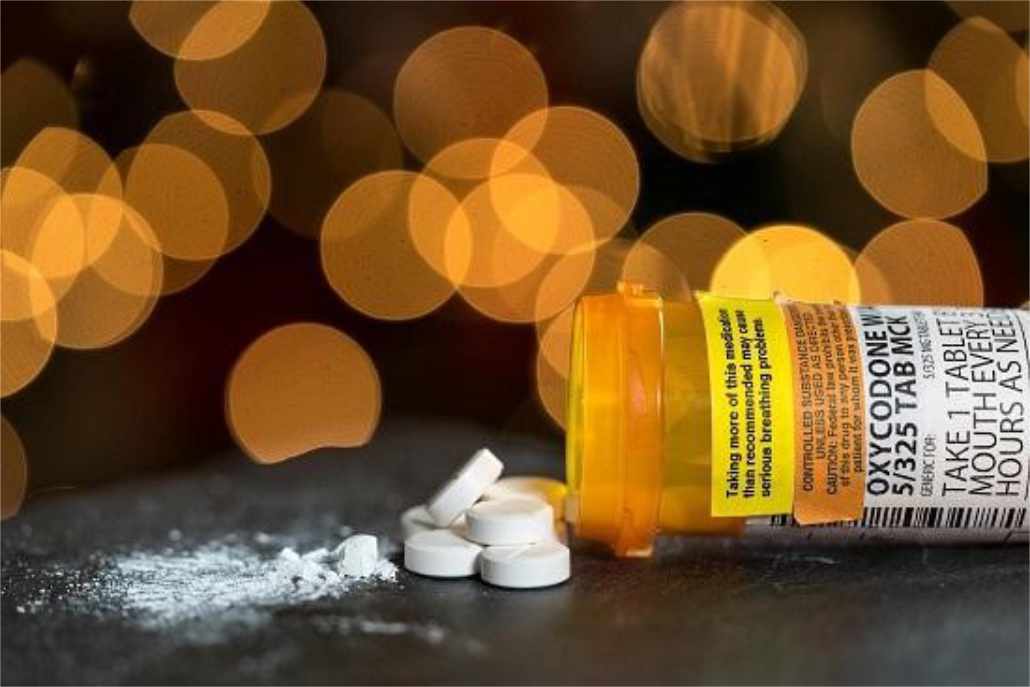How Long Does Suboxone Block Opiates?
Table of Contents
When you are ready to begin to receive treatment for an opiate use disorder, your first step is to complete a medical detox. Suboxone is a drug that is often prescribed to help reduce withdrawal symptoms and manage intense drug cravings. But how long does Suboxone block opiates? Read on to learn the answer, and how Suboxone can help with opiate addiction recovery.
What is Suboxone?
Suboxone combines buprenorphine, a partial opioid agonist, with naloxone, an opioid antagonist. Suboxone can reduce the pain of opiate detox and withdrawal. Later, when prescribed along with therapy, Suboxone acts as a step-down drug to help wean someone off opiates.
Suboxone can be prescribed as sublingual film strips, in tablet form, or as an implant inserted under the skin. Suboxone is prescribed for a certain number of months in early recovery, and then the patient tapers off the drug.
This drug is thought to be a safer option than methadone. Methadone users must be monitored daily, which is not the case with Suboxone. However, Suboxone users are seen by their doctor on a regular basis, as Suboxone abuse itself may occur.

Suboxone and Opiate Detox and Withdrawal
For opiate detox, Suboxone can help reduce withdrawal symptoms and manage intense cravings. Once the person begins to notice mild withdrawal symptoms, they can then begin Suboxone therapy. It is crucial to wait until early symptoms emerge before starting Suboxone. Given too soon may trigger intense withdrawal symptoms.
Suboxone eases withdrawal symptoms within eight hours. When it is only used during detox, then the drug is given for 3-4 days.
Opiate withdrawal symptoms include:
- Nausea
- Vomiting
- Diarrhea
- Stomach cramps.
- Painful muscle aches.
- Joint pain
- Sweating
- Anxiety
- Agitation
- Dilated pupils.
- Runny nose.
- Watery eyes.
- Rapid heart rate.
- Chills.
- Excessive yawning.
- Insomnia
How Does Suboxone Help in Addiction Recovery?
Suboxone works by binding to the opioid receptors in the brain, reducing the effects of opioids. This satisfies the brain’s need for an opiate by giving a similar, although milder, effect. Over time, Suboxone helps reduce drug cravings, which will increase the chances of a sustained recovery.
Suboxone is part of a medically assisted treatment (MAT) program. This is a type of program that combines a drug like Suboxone with ongoing therapy sessions and 12-step meetings. With this integrated approach, it is believed there will be a better chance at attaining long-term recovery success.
Suboxone can reinforce recovery, helping the person become stable during the early months after treatment. This drug can nearly erase withdrawal symptoms and cravings. This allows them to move forward in recovery, such as returning to work, by greatly reducing the risk of relapse.
How Long Does Suboxone Block Opiates?
So, how long does Suboxone block opiates? Suboxone has a long half-life, which is about 2-3 days. For some, this effect may last up to five days. Suboxone takes effect in 40-120 minutes. With these prolonged effects, it allows the person to take the dose once a day and sustain the blocking effects.
When Suboxone binds to the opioid receptors in the brain it provides a similar sensation as the opiate, which controls cravings. By taking the Suboxone each day, the brain is tricked into thinking it is the opiate.
Can Suboxone Become a Problem Substance Too?
There is potential for Suboxone abuse, which is why this narcotic should only be used under a doctor’s care. As an opioid itself, Suboxone is prone to abuse, and can even become dangerous.
In general, Suboxone is usually prescribed for only 3-12 months as a safety measure that protects against addiction. However, some may begin to abuse the Suboxone by injecting it. When Suboxone is injected it will bypass the digestive system, which disarms the effects of the naloxone. Others may use multiple strips at once to enhance the opioid effect.
Still, others may use alcohol while on Suboxone. Alcohol use is strictly forbidden, as mixing these can lead to respiratory distress and death.
Signs of Suboxone addiction include:
- Ordering or buying Suboxone from illicit sources.
- Sudden weight loss.
- Finding needles in the house.
- Loss of interest in usual activities.
- Erratic behavior.
- Depression
- Drowsiness
- Apathy; emotional flatness.
- Poor coordination.
- Sleep problems.
If Suboxone misuse has caused an addiction to develop, the person will require detox and withdrawal followed by rehab.
Treatment for Suboxone abuse or addiction involves these elements:
Therapy. Therapy is key to learning about new ways to manage cravings and triggers. The most common therapies used in Suboxone addiction recovery are CBT, DBT, and CM.
Group support. Group sessions allow people in recovery to gather and chat about topics that pertain to their struggles.
Recovery skills. To avoid relapse, treatment programs focus much time on ways to protect sobriety.
Holistic methods. While in treatment, you will learn methods to help manage stress better. These are things like yoga class, meditation techniques, or provide art therapy.
12-Step program. It has become standard for rehabs to include 12-step themes in the program.
Suboxone Overdose Symptoms
When someone has been prescribed Suboxone for MAT, there is a risk of misuse and addiction that comes with this drug. If someone takes more of the drug than is prescribed, there is a risk of overdose. Symptoms of Suboxone overdose include:
- Sedation
- Chills
- Stomach pain.
- Dizziness
- Pinpoint pupils.
- Low blood pressure.
- Irritability
- Difficulty breathing.
- Respiratory distress.
- Coma
- Death
Suboxone overdose is a health emergency that requires a quick response. A first responder can administer Narcan to reverse the overdose if contacted soon enough.
Getting Off Suboxone Safely
Generally, Suboxone is not used as a permanent feature of recovery, only as a temporary treatment support. When used as directed, and with a tapering schedule in place, Suboxone has the potential to be a game changer.
Suboxone can make a positive difference in the life of someone in recovery from opioid use disorder. When it is time to discontinue MAT, a skilled detox team can assist the person in mitigating the withdrawal symptoms.
Annandale Behavioral Health
Residential Treatment for Opiate Use Disorder
Annandale Behavioral Health is an upscale residential treatment center that can help with opiate use disorder. Please contact our team today at (855) 778-8668






